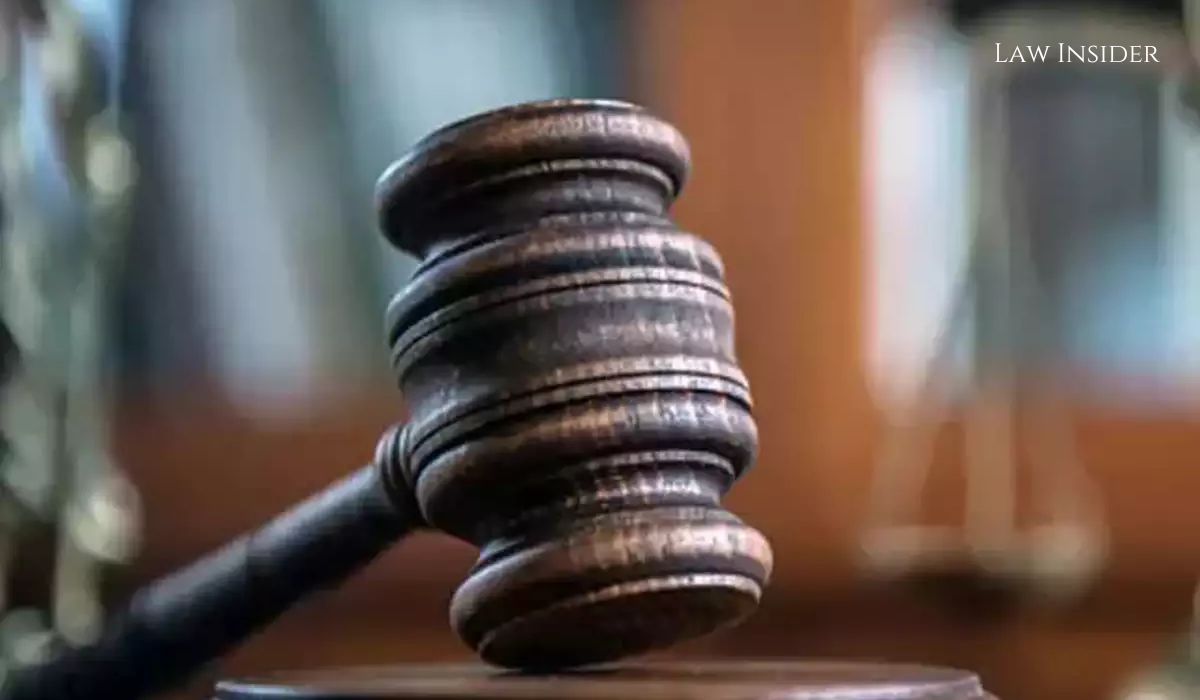Bhuvana Marni
Published on: October 12, 2022 at 23:06 IST
The Supreme Court Collegium issued three recommendations for the appointment of Chief Justices to the High Courts of Karnataka, Rajasthan, and Jammu and Kashmir on September 28.
The Central government today approved all three of these recommendations. However, it has not yet made a recommendation about Justice Dr. S. Muralidhar’s transfer to the Madras High Court from his position as Chief Justice of the Orissa High Court.
On September 28, the Supreme Court collegium passed a resolution designating Justice Pankaj Mithal and Justice Dr. S. Muralidhar, formerly of the J&K&L High Court and the Orissa High Court, as the Chief Justices of the Rajasthan High Court and the Madras High Court, respectively.
However, the Department of Justice ignored the proposal about Justice Muralidhar made in the same collegium resolution and only announced the transfer of Justice Mithal on October 11.
Additionally, the Department announced the Collegium’s recommendations on September 28 to name Justice PB Varale as Chief Justice of the Karnataka High Court and Justice Ali Mohammad Magrey as Chief Justice of the J&K&L High Court.
In the past, the Centre’s resolution of splitting collegium resolutions has drawn criticism, particularly in the proposals involving Senior Advocate Gopal Subramanium (2014), Justice KM Joseph (2018), and Justice Akil Kureshi (2019).
The Collegium’s resolution of segregation is criticized because it allows the executive to make selective decisions.
Justice Muralidhar began his law practice in Chennai in September 1984. He shifted to the Supreme Court and Delhi High Court in 1987.
He was appointed judge of the Delhi High Court in 2006. He was a part of the High Court bench that first legalized homosexuality in the 2009 Naz Foundation case.
He also led the division bench that convicted members of the Uttar Pradesh Provincial Armed Constabulary (PAC) in the Hashimpura massacre case and Congress leader Sajjan Kumar in the 1984 anti-Sikh riots case.
He was transferred to the Punjab and Haryana High Court in February 2020, amid strong opposition from the Delhi Bar. He was the third senior Judge of the Delhi High Court at the time and was transferred with immediate effect.
The transfer was announced shortly after he told the Delhi police to decide whether to file an FIR for inflammatory remarks made about politicians, including Anurag Thakur, Pravesh Verma, Abhay Verma, and Kapil Mishra, in connection with the 2020 Delhi riots.
Justice Muralidhar was sworn in as the Orissa High Court’s Chief Justice in January 2021.
He presided over the Orissa High Court’s decision to stream the Court of Chief Justice live for the first time.
In addition, the High Court has launched a number of e-Services, including the High Court’s mobile app, the ability to pay fines online in cases before District and Subordinate Courts, and a system of Virtual Courts for handling traffic e-challan cases in the Bhubaneswar-Cuttack Commissionerate area.
CJ Muralidhar also launched systems for:
(i) Online payment of Court fees in the High Court & District Courts,
(ii) An e-Filing portal in 244 Court establishments across the State,
(iii) Video Conferencing cabins in every District Court complex and
(iv) e-Sewa Kendras in 78 Taluka Court complexes.

